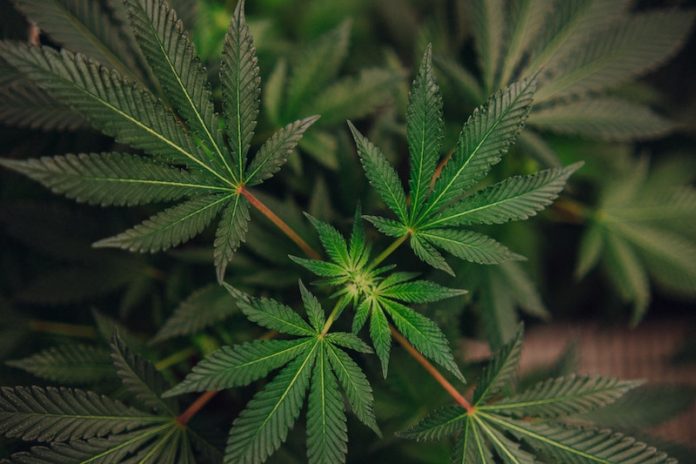
Researchers at Johns Hopkins Medicine conducted a study to investigate the effects of THC, the major psychoactive compound in marijuana, on the brains of adolescent mice.
Their findings, published in Nature Communications, suggest that THC can lead to structural changes in microglia, specialized immune cells in the brain.
These changes may exacerbate the genetic predisposition to schizophrenia, adding to the growing body of evidence highlighting the risks of marijuana use during adolescence.
The Vulnerability of Teenage Brains to THC
Adolescence is a critical period of brain development, and exposure to substances like THC can have lasting effects.
The researchers at Johns Hopkins emphasized that the increasing popularity of recreational and medical marijuana use in the United States and worldwide poses particular dangers to teenagers, especially those genetically predisposed to psychoactive disorders such as schizophrenia.
Microglial cells are a unique subset of immune cells found in the central nervous system. They play a crucial role in various brain functions, including immune response, neuron-to-neuron communication, and brain development.
During adolescence, microglial cells are instrumental in brain maturation, particularly in areas related to social and cognitive functions.
The Study’s Approach and Findings
To explore their hypothesis, the researchers utilized genetically engineered mice with a mutation resembling a genetic risk factor for psychiatric disorders in humans.
They also used a control group of normal mice for comparison. The mice with the genetic mutation exhibited brain changes, even without THC exposure, affecting regions responsible for emotion, learning, and memory.
During adolescence, both groups of mice were subjected to daily injections of THC or a benign saline solution.
After a 30-day injection period, the mice had a three-week rest before undergoing behavioral tests to evaluate their psychosocial development.
These tests included tasks related to odor sensing, object recognition, social interaction, and memory. Additionally, fluorescent staining was employed to analyze the number and morphology of microglial cells in the mice’s brains.
Impact of THC on Microglial Cells
The study revealed that mice exposed to THC experienced increased programmed cell death (apoptosis) among microglial cells.
The reduction in microglial cell count in mice with both the genetic mutation and THC exposure was 33% higher than in normal mice exposed to THC.
This reduction was most pronounced in the prefrontal cortex, a region responsible for memory, social behavior, decision-making, and executive functions in both mice and humans.
As microglia play a role in brain neuronal maturation, a decrease in healthy microglia can result in more instances of abnormal cell signaling and communication.
Mice with the genetic mutation who were exposed to THC scored 40% lower on social memory tests compared to their counterparts who received saline.
Caution in Marijuana Use Among Teenagers
The researchers stress the importance of exercising caution in marijuana use by teenagers.
While the study’s findings are based on genetically engineered mice and may not directly apply to humans, they indicate potential long-lasting and negative effects of marijuana use during adolescence.
Further research is needed to better understand how these abnormalities affect neuron function at the molecular level and how marijuana exposure contributes to conditions like schizophrenia and other psychiatric disorders.
If you care about brain health, please read studies about Vitamin D deficiency linked to Alzheimer’s, vascular dementia, and Oral cannabis extract may help reduce Alzheimer’s symptoms.
For more information about brain health, please see recent studies that oral cannabis extract may help reduce Alzheimer’s symptoms, and Vitamin E may help prevent Parkinson’s disease.
The research findings can be found in Nature Communications.
Follow us on Twitter for more articles about this topic.
Copyright © 2023 Knowridge Science Report. All rights reserved.



